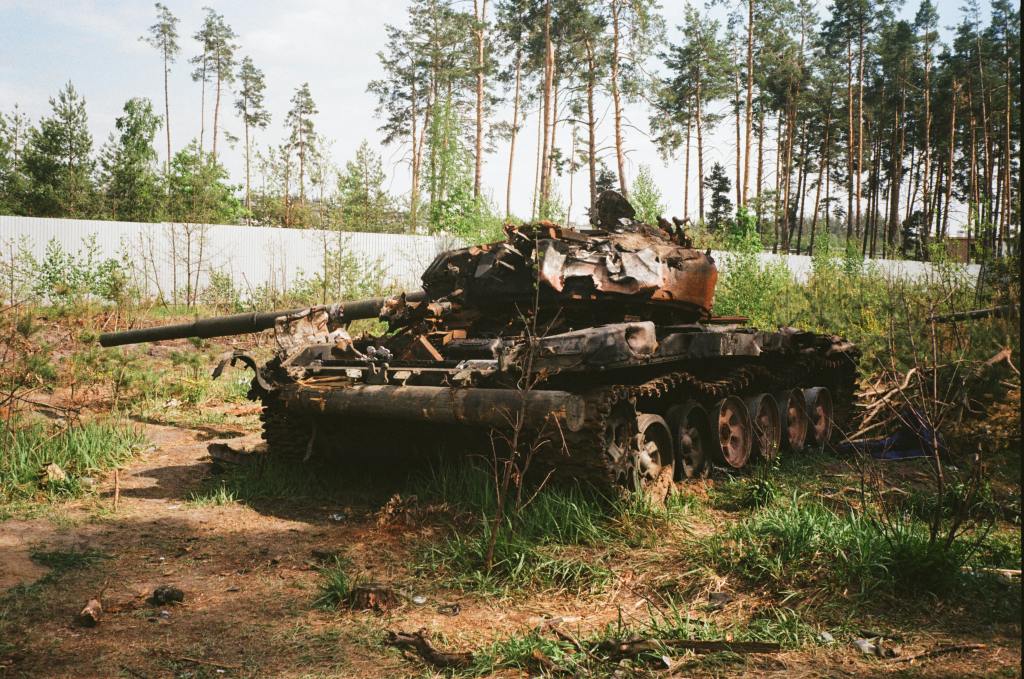Of Victory and Peace
June 6, 2022 Leave a comment
Photo by Mikhail Volkov on Unsplash
If it ever had any, the Russian government has no hope of victory in its war against the people of Ukraine. When the Russian invasion first began, I wrote in wonder about what the people of Russia gain from this war. So far, for them it has been all loss, and the prospect is not brighter.
Thousands of soldiers dead and more wounded, thousands of civilians dead and more hurt and suffering, the Russian army, air force, and navy weakened, the economy rattled, decades of efforts of goodwill with neighbors squandered—no one comfortable sharing a border with Russia—what does all this do for the people of Russia?
British war historian and scholar—arguably with the greatest insight of any 20th century student of military affairs—B.H. Liddell Hart wrote this in his classic work, Strategy:
“Victory in the true sense implies that the state of peace, and of one’s people, is better after the war than before. Victory in this sense is only possible if a quick result can be gained or if a long effort can be economically proportioned to the national resources.” (B.H. Liddell Hart, Strategy, 1967 edition, p.357)
A “quick result,” perhaps once envisioned, quickly disappeared. The loss of national resources is already disproportionate to any chance of economic gain from the war. The current question is, how long can the Russian economy endure the ongoing costs? Genuine victory for the government of Russia and the people for whom that government has responsibility is no longer on the table. As we once saw written on the side panel of a home repair truck, “Your Satisfaction Is Not an Option”.
Hart offered a rational next step for just such a situation:
“Peace through stalemate, based on a coincident recognition by each side of the opponent’s strength, is at least preferable to peace through common exhaustion—and has often provided a better foundation for lasting peace.” (Strategy, p.357)
For the Russian government, that may not match its hopes for victory, but chances for victory are gone. For the people on both sides of the border—soldiers and civilians—the current stalemate offers possibilities for peace. For leadership made wiser by the war, peace—indeed, a foundation for a lasting peace—may be within reach. Is further plumbing of the prospects for mutual exhaustion necessary to get there?
Hart’s studies offer this hope:
“. . . past experience leads to the conclusion that nations might often have come nearer to their object by taking advantage of a lull in the struggle to discuss a settlement than by pursuing the war with the aim of ‘victory’.” (Strategy, p.358)
This is not a game where there must be a winner. This is life and death. May the people of Russia and Ukraine be allowed to return to the tasks of living.



